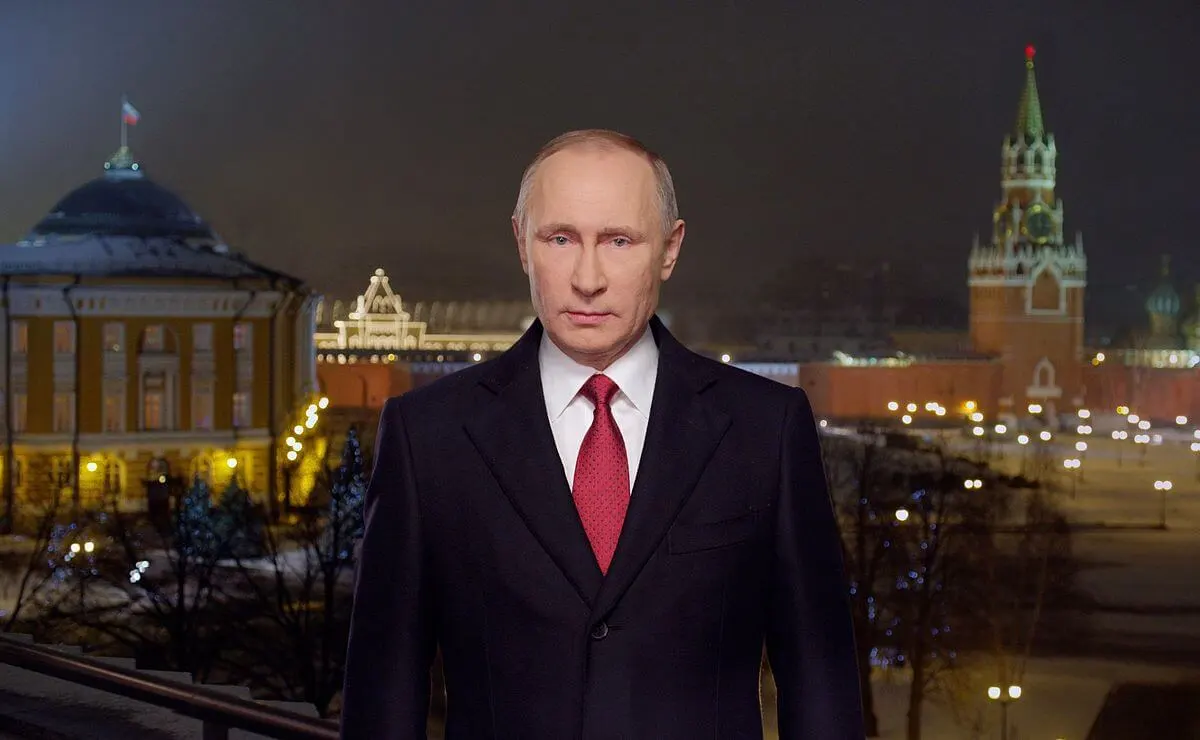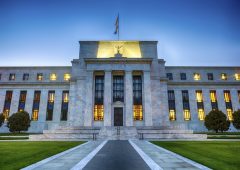BRICS: Russia Won’t Fully Abandon Dollar, Putin Confirms
08.11.2024 14:30 1 min. read Kosta Gushterov
In recent remarks, Russian President Vladimir Putin clarified Russia's stance on the U.S. dollar within the BRICS framework, explaining that while Russia is limiting dollar transactions, it doesn’t intend to eliminate the dollar entirely.
He referred to the dollar as a cornerstone of U.S. economic influence, suggesting that the shift to alternative currencies is simply a reaction to evolving global financial trends.
While BRICS continues advancing plans for a unified payment system to decrease dollar reliance, Putin emphasized that Russia’s approach isn’t aimed at rejecting the dollar. Instead, the country is simply adapting to modern economic demands by gradually decreasing its dollar-based transactions.
Meanwhile, the possibility of Donald Trump’s re-election could impact BRICS’ de-dollarization efforts. Trump has warned that he would impose heavy tariffs on nations that move away from the dollar, which could complicate BRICS’ goals. Despite this, BRICS leaders, including Putin, remain committed to diversifying their currency strategies.
Putin also acknowledged BRICS’ interest in exploring digital currencies like Bitcoin and XRP, though he cautioned that a complete shift to cryptocurrencies is not imminent. The focus for now, he noted, is on strengthening intra-BRICS financial infrastructure and supporting trade through established national currencies.
-
1
BlackRock Reportedly Targeting Major Stake in Upcoming Crypto IPO
29.05.2025 22:00 2 min. read -
2
Bybit Enters Europe with Full Regulatory Approval
29.05.2025 21:00 1 min. read -
3
Coinbase Expands 24/7 Futures to Solana, XRP, and Cardano Amid Rising Altcoin Demand
02.06.2025 11:00 2 min. read -
4
U.S. Treasury Launches Record-Breaking Bond Buyback Amid Market Volatility
08.06.2025 10:00 2 min. read -
5
Pi Network Taps Into Gaming to Showcase Real Crypto Utility
31.05.2025 20:00 2 min. read
Bybit Steps Into DeFi With Solana-Based Platform
Bybit is venturing beyond centralized trading with the upcoming launch of its decentralized exchange, Byreal, built on the Solana blockchain.
Trump’s 2024 Crypto Earnings Top $58 Million—DeFi Stake Drives Most of the Haul
Donald Trump earned over $58 million from crypto-related ventures in 2024, according to his latest financial disclosure report.
Tencent Denies Reports of Nexon Acquisition Talks
Chinese tech giant Tencent has officially pushed back against recent rumors suggesting it is preparing to acquire South Korean game developer Nexon.
FTX Dumps Another $10M in Solana as Wind-Down Efforts Press On
The slow dismantling of Sam Bankman-Fried’s crypto empire continues, with defunct firms FTX and Alameda Research quietly shifting another $10.3 million in Solana (SOL) as part of their asset liquidation plan.
-
1
BlackRock Reportedly Targeting Major Stake in Upcoming Crypto IPO
29.05.2025 22:00 2 min. read -
2
Bybit Enters Europe with Full Regulatory Approval
29.05.2025 21:00 1 min. read -
3
Coinbase Expands 24/7 Futures to Solana, XRP, and Cardano Amid Rising Altcoin Demand
02.06.2025 11:00 2 min. read -
4
U.S. Treasury Launches Record-Breaking Bond Buyback Amid Market Volatility
08.06.2025 10:00 2 min. read -
5
Pi Network Taps Into Gaming to Showcase Real Crypto Utility
31.05.2025 20:00 2 min. read


